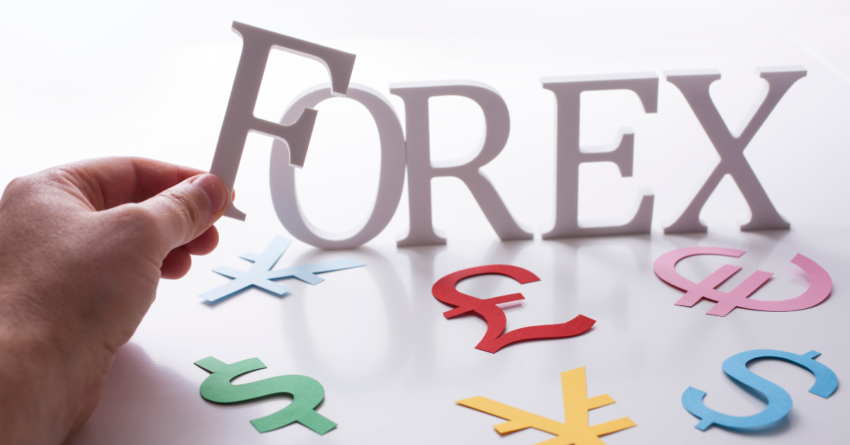Forex trading, while a legitimate investment avenue, is often fraught with risks, particularly for retail traders. The reliability of the foreign exchange market can be compromised by dishonest brokers and fraudulent operations. To ensure a safe and secure trading experience, it is imperative to take preventative measures and educate yourself. This thorough rundown will help you comprehend the forex trading landscape and steer clear of common scams.
Understanding Forex Trading Legitimacy
Exchanging currencies on the foreign exchange market is a part of forex trading. It’s a legitimate and highly regulated financial activity, offering substantial profit opportunities. However, the complexity and global reach of the forex market makes it a prime target for scammers who exploit unsuspecting traders.
Identifying Forex Scams
Forex scams come in various forms, from fake brokers to fraudulent investment schemes. The following are some typical signs of forex fraud:
- False Promises: Fraudsters frequently lure traders with claims of easy profits or certain returns with little work. Be wary of brokers or platforms that guarantee profits, as legitimate trading involves risk and no guaranteed returns.
- Absence of Transparency: Reputable brokers make their services, costs, and trading terms easily comprehensible and available. If a broker is vague about their operations or does not disclose important details, it could be a sign of a scam.
- High-pressure Techniques: Scammers may use to force you into making decisions quickly. There’s cause for concern if you feel compelled to make an instant investment or disclose private information.
- Unregulated Brokers: Trading with unregulated or poorly regulated brokers increases the risk of encountering fraud. Always verify the regulatory status of a broker before opening an account.
Choosing a Legitimate Forex Broker
For a safe trading experience, choosing a trustworthy forex broker is essential. Here are some tips to assist you in selecting a reliable broker:
- Check for Regulation: Make sure the broker is subject to regulation by a respectable financial regulator. Different nations have different regulatory agencies. For example, the UK’s Financial Conduct Authority (FCA), the US’s Commodity Futures Trading Commission (CFTC), and Australia’s Australian Securities and Investments Commission (ASIC) are examples of regulatory authorities. Even while regulations provide an extra degree of security, not all regulators are created equal or are as effective as others, so find out more about the reputation of the particular regulator.
- Check Warning Lists: Regulatory agencies and financial watchdogs often maintain lists of known fraudulent or unregulated brokers. Consult these warning lists to ensure the broker you are considering is not listed.
- Evaluate Withdrawal Policies: Legitimate brokers offer straightforward withdrawal processes. Be cautious if a broker imposes excessive withdrawal fees, delays, or conditions that make it difficult to access your funds.
- Evaluate Offerings and Conditions: Look over the expands, leverage, and charges offered by the broker. Avoid brokers offering extremely high leverage or low spreads that seem too good to be true, as these can be tactics to lure unsuspecting traders into risky investments.
- Read Reviews and Comments: Seek out unbiased comments and broker reviews from other traders. Reviews can give you information about the broker’s dependability and level of customer service, but they shouldn’t be the only factor in your selection.
Pro Tips for Beginners
- Begin Small: Start small and gain experience with the broker’s interface and trading conditions. This method helps you reduce risk as you develop expertise.
- Educate Yourself: Learn about forex trading strategies, market analysis, and risk management. Understanding the market dynamics and trading principles reduces the likelihood of falling for scams.
- Consult a Professional: If you have questions concerning a broker or an investment opportunity, you should speak with a trading professional or financial counselor. Free consultation can help you avoid frequent blunders and offer insightful information.
Conclusion
When done wisely and diligently, forex trading may be a successful endeavor. By recognizing the signs of forex scams, selecting a regulated broker, and employing prudent trading practices, you can significantly reduce the risk of falling victim to fraud.

